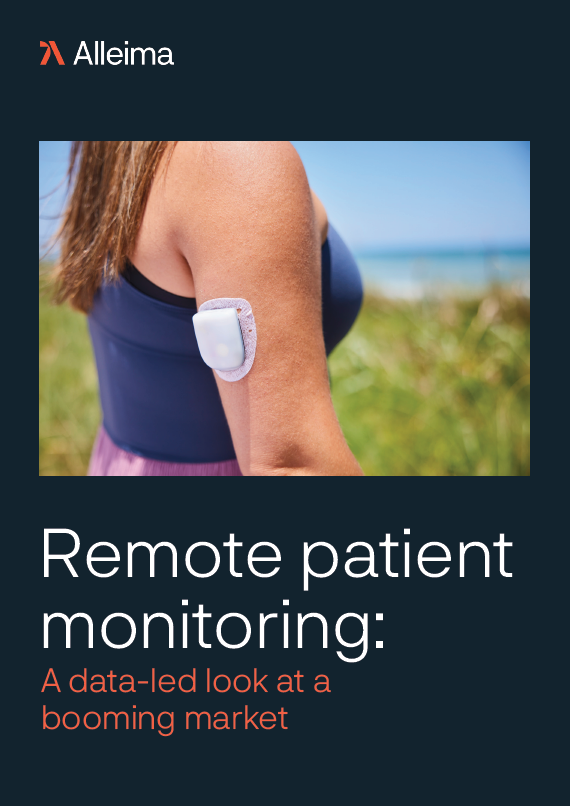Diabetes care has vastly benefited from digitisation in the past few decades, providing more management options to patients with both type 1 and type 2 diabetes. Glucose levels can be checked using the traditional finger-prick tests or continuous glucose monitors while traditional insulin infusions or insulin pumps can provide the required dosage. Recently, continuous glucose monitors and programmable insulin patch pumps have started to be called an ‘artificial pancreas’ system, as they are able monitor and manage glucose levels with minimal action from the patient.
This artificial pancreas is generally all that is required for patients with type 2 diabetes to successfully manage their condition and allows for more flexibility in their days and activities. However, this system does not address glucagon deficiency, which affects type 1 diabetes patients but not type 2 diabetes patients due to differences in pathology. Glucagon is the counterpart to insulin and another important hormone for managing blood glucose levels. Insulin lowers blood glucose while glucagon raises it. Without glucagon, it is more difficult to maintain a balanced blood glucose level as an excess of insulin, lack of ingested glucose, or increased activity levels will lead to hypoglycemia.

US Tariffs are shifting - will you react or anticipate?
Don’t let policy changes catch you off guard. Stay proactive with real-time data and expert analysis.
By GlobalDataDual-hormone pumps are intended to supply both insulin and glucagon, extending the benefits of an artificial pancreas to type 1 diabetes patients. Beta Bionics is currently seeking approval from the FDA for the iLet Bionic Pancreas, both as a stand-alone insulin pump and later as a dual-hormone pump. Clinical trials have shown promise on both fronts. Notably, the cost of artificial pancreas systems can be prohibitive, and that will also be true of any approved dual-hormone pumps.
According to the World Health Organization, the prevalence of diabetes globally is approaching 9%. Type 2 diabetes affects the majority (>90%) of these patients and is rapidly increasing with growing obesity rates and ageing populations. Type 1 diabetes affects fewer (>10%) patients and usually presents during childhood. In terms of technical and regulatory challenges, the patient population and extra complexity of adding glucagon to a pump explain why many manufacturers focus exclusively on insulin pumps and why the currently marketed artificial pancreas systems leave those suffering from type 1 diabetes wanting more.







